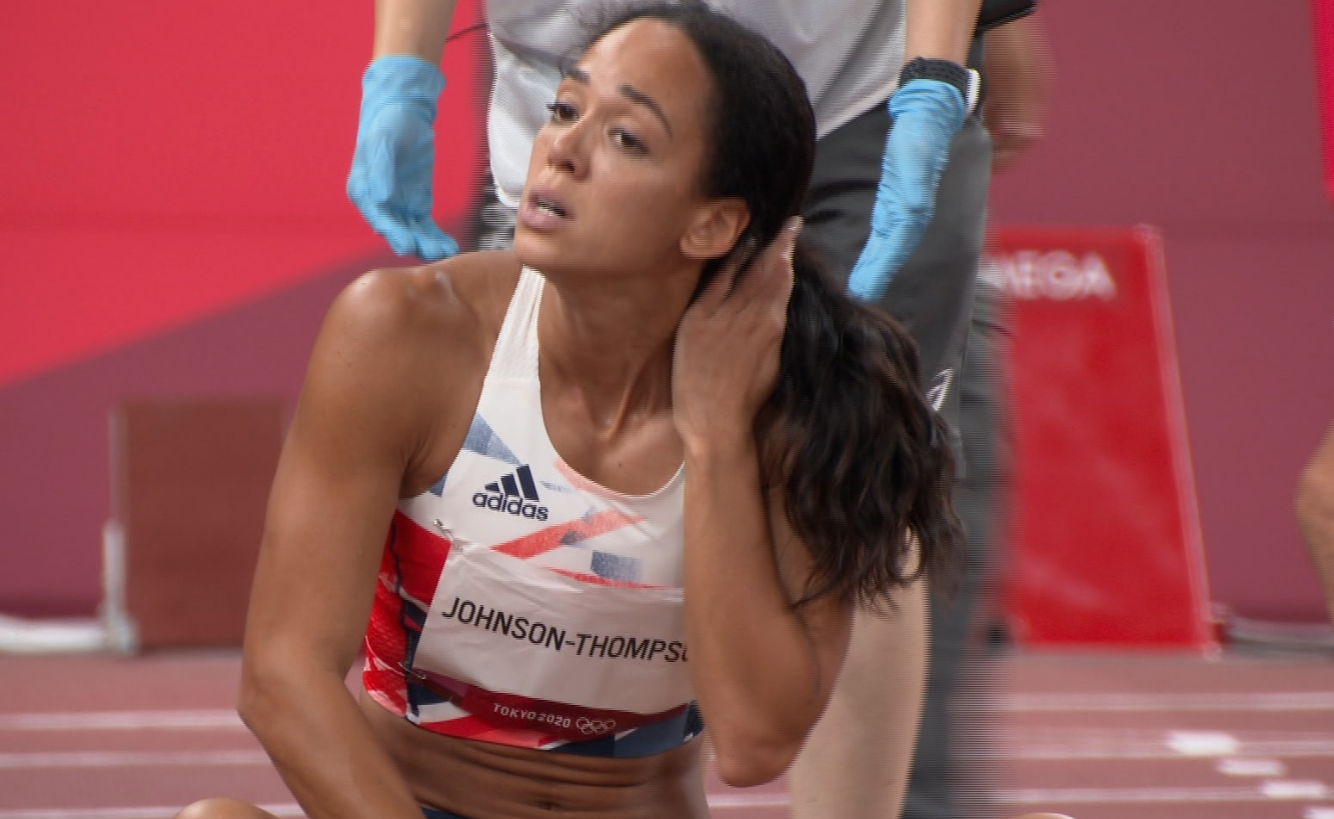The sobbing from 200-meter favorite Noah Lyles had little to do with the bronze medal.
It went much deeper than that.
The tears the American sprinter shed Wednesday were for his brother, Josephus, who had the original dream of being at the Olympics and didn't make the team.
They were for a difficult year that saw the 24-year-old Lyles go on and off of antidepressants as he tried to find the right feel for his hectic race to Tokyo.
They were for mental health — not only his but that of all the people who struggle and don't know where to turn.
Like Simone Biles and Naomi Osaka before him, Lyles was unapologetic as he broached the subject of mental health and the way it impacts athletes and the public in general.
Get Tri-state area news delivered to your inbox. Sign up for NBC New York's News Headlines newsletter.
His feelings poured out over a heartfelt 15-minute interview in the recesses of the Olympic Stadium. Team officials offered to gently usher him away after he broke down.
He didn't want to go.
“Somebody asked me why I told people on Twitter that I was on antidepressants. It was strictly for the idea that I had taken something and it made me feel better," Lyles explained. “I knew there were a lot of people out there like me who were too scared to say something or even start that journey.
"I wanted them to know if you guys see me in a big light, I want you to know that it’s OK not to feel good and you can go out and talk to somebody. ... This is a serious issue. You don't want to wake up one day and think, 'I don't want to be here anymore.'”
These Olympics were supposed to be his moment. For a year leading into 2020, he was arguably the biggest name this side of Biles to be heading from the U.S. to Tokyo. But the 2020 Games got postponed a year. The buzz died down. And when sports picked back up, Lyles wasn't quite the same on or off the track.
More From Tokyo Olympics
Catch all the action on NBC
The killing of George Floyd in the summer of 2020 got him thinking harder about how he could use his platform to affect social change. He became vocal. He wore a glove on his hand to some races, including at U.S. Olympic trials where he vowed that he had no plans to quiet down.
The trials, however, didn't go the way he'd envisioned. His quest for a potential 100-200 double was derailed early when he didn't run well in the shorter race.
He had also dreamed that maybe his brother, Josephus, who is also a sprinter, might make it to Tokyo with him. That didn't work out, either.
When the topic came up in the interviews Wednesday after a third-place finish he conceded was not his goal at these Olympics, Lyles' tears started falling. It was, after all, Josephus who had the original dream of the Lyles brothers running together at the Games.
“Sometimes, I think to myself, ‘This should be him,’” Lyles said. “I’d be OK not being here. I feel like I have a lot of talents and I feel I can go in different directions. He’s talented in his own right. But at the same time, it wasn’t even my dream. I just tagged along because I love my brother.”
Lyles said he's been confronted with mental issues since early in life. He said his mom deals with anxiety and depression, and picked up cues from him. He went through therapy at a young age. Lyles didn't know what his path would be, only that he didn't want to go the traditional education route. The weight of standard school, and all that went with it, was tough, he said, and led to his first bouts with depression.
Track was his escape.
“When I was able to do track, I felt that everything had been lifted and I would actually be able to live my life,” said Lyles, who's also into art, fashion and music. “I'm using outlets of music and track and everything else to help me get through those tough moments and saying if this doesn't go right in track I have a life outside of it.
“I’m not defined by being an Olympic bronze medalist or gold medal world champion or the high schooler that went pro. That’s not who I am. I’m Noah Lyles.”
On Wednesday, Lyles, standing only a little ways away from the track, was a supporter of people facing tough moments head-on instead of pushing them aside.
“Having a place where you can actually be OK with letting go of your fears and saying, ‘I am scared,'" Lyles said. “Because I've definitely said that quite a few times this year."




